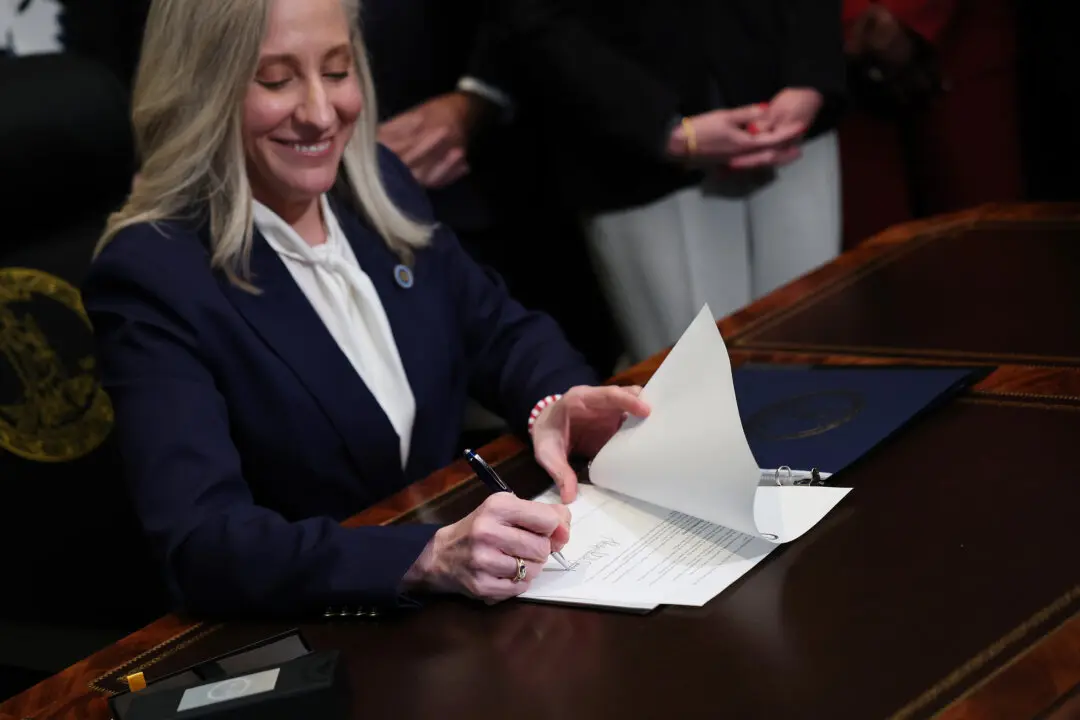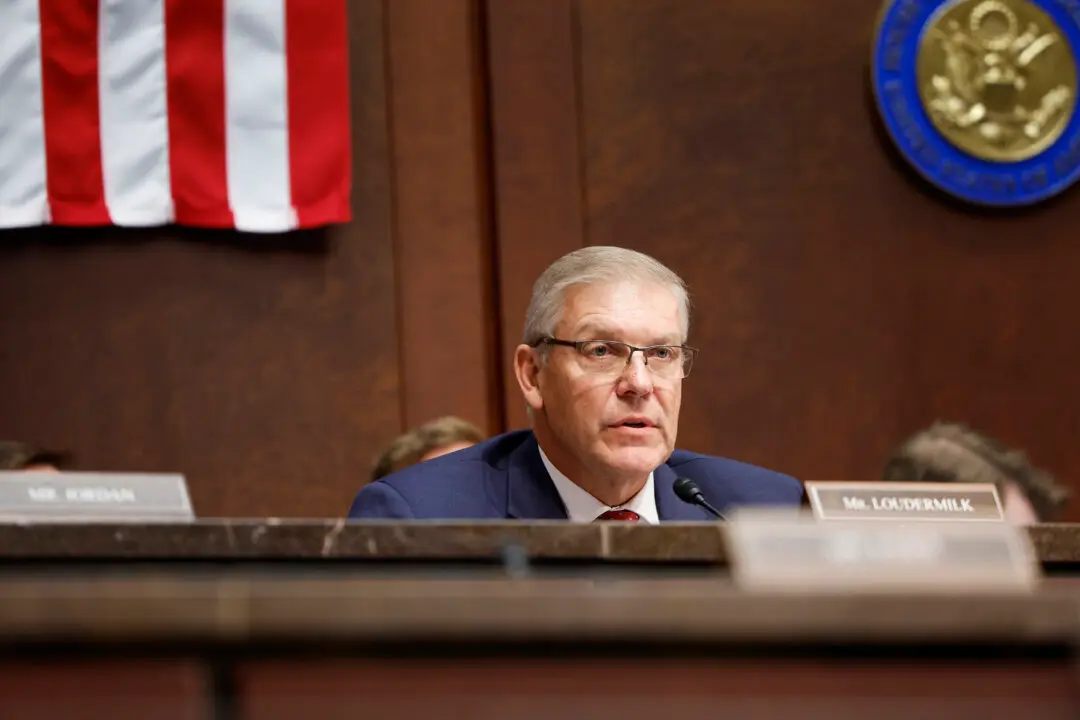WASHINGTON—House Republican leaders on Nov. 19 indicated that they would pass a disaster relief package submitted to Congress by President Joe Biden, which would provide nearly $100 billion in assistance to areas affected by recent hurricanes.
On Nov. 18, the White House published a letter written by Biden to House Speaker Mike Johnson (R-La.), requesting $98.6 billion in funding for several agencies to run programs to support victims of Hurricanes Helene and Milton, which heavily damaged parts of North Carolina, South Carolina, Tennessee, Virginia, Georgia, and Florida in recent months. The request would also provide funds for the reconstruction of the Francis Scott Key Bridge in Baltimore, Maryland, which collapsed after being hit by a container ship on March 26 this year.





